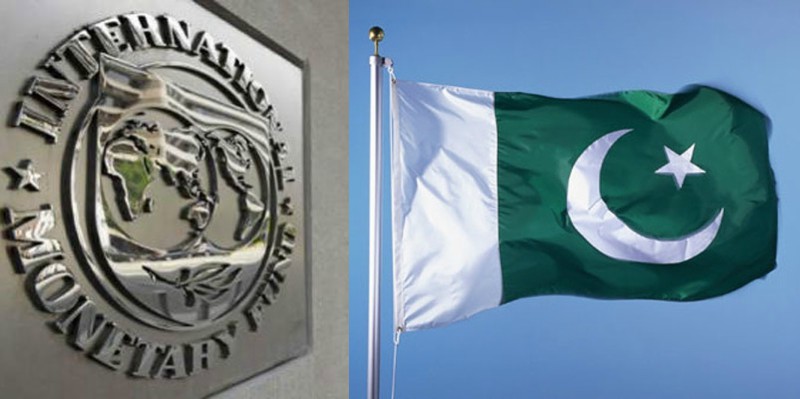Pakistan's Economic Progress on IMF Track, Finance Minister Optimistic
Caretaker Finance Minister Shamshad Akhtar has expressed confidence that Pakistan is effectively adhering to its IMF program and anticipates a 2-3% economic growth in the current fiscal year. The IMF is set to initiate discussions for the release of a $710 million loan tranche. Minister Akhtar assured that Pakistan is meeting all structural benchmarks. The government is also prioritizing capital market reforms to facilitate business capital raising and tackle currency-related issues. Additionally, inflation is decreasing, and an economic recovery program has been outlined, focusing on sectors in need of reform. Agriculture and services are expected to drive Pakistan's economic development.

Caretaker Finance Minister Shamshad Akhtar, in a recent statement, affirmed that Pakistan remains firmly aligned with its International Monetary Fund (IMF) program and is poised to attain a growth rate of 2-3% in the ongoing fiscal year.
The IMF has officially scheduled discussions with Pakistan commencing on November 2, pertaining to the release of the second loan tranche, totaling $710 million. A team from the IMF, headed by Nathan Porter, is scheduled to visit Pakistan for the first review within the framework of the current Stand-By Arrangement (SBA) amounting to $3 billion.
We have no need to persuade the IMF
During an exclusive interview with SAMAA TV, Minister Akhtar expressed her confidence in Pakistan's performance, stating that the government has meticulously assembled a comprehensive presentation for the IMF, demonstrating that Pakistan is satisfying all the structural benchmarks set forth by the program. She emphasized, "We have no need to persuade the IMF; we have all the corroborative evidence."
Furthermore, Akhtar underscored the government's dedication to enhancing capital market reforms, with a focus on simplifying the process for businesses to raise capital through the market. She revealed plans to submit capital market reform proposals to the cabinet for approval, with the aim of encouraging companies to list their businesses on the capital market, reducing their reliance on bank loans.
Addressing the exchange rate issue, Minister Akhtar clarified that it is primarily influenced by market supply and demand dynamics. She emphasized that it is the responsibility of relevant institutions to combat currency speculation and prevent smuggling activities. She also noted that inflation is on a downward trajectory, with the benefits of global commodity price reductions being passed on to the public.
In terms of controlling inflation, Akhtar pointed out that interest rates are determined by the State Bank of Pakistan (SBP) and not by the finance ministry. She also highlighted the government's commitment to economic recovery, citing the formulation of a program under the directive of the caretaker prime minister, which outlines reform initiatives across multiple sectors.
In a separate address at an event in Karachi, Minister Akhtar projected an economic growth rate of 2-3% for the current fiscal year, underscoring the pivotal roles of agriculture and services in Pakistan's economic development. She noted that positive indicators are emerging on the economic front, including the stabilization of the national currency. However, she emphasized that Pakistan's participation in the IMF program restricts the government from artificially propping up the rupee.








